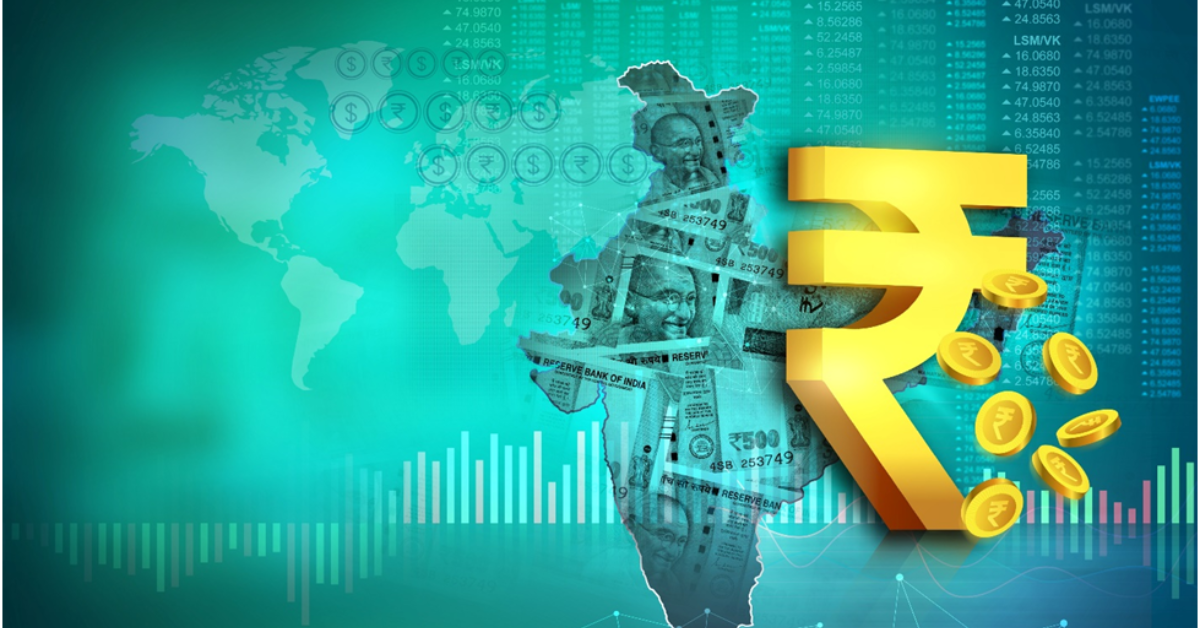Indian Goods and Services Tax Council gambling tax levies have increased from 18% to 28% as of October 1, 2023. This significant jump has caused many stresses for operators, as they adjust to the new normal. For some operators, the wording has caused confusion, as they seek to find out whether some or all games are covered by the tax ruling. But their time is running out for seeking clarity, as authorities make it clear they will backdate taxes to the October 1 start date.
Just like implementing a stringent regulatory framework, certain tax rates also need to reflect the industry in question. But strict standards like these are not unique to India, even the best online casinos for Australian players also need to go through rigorous vetting to ensure compliance. This is also the case with operators based in other continents such as Europe, North America and the like.

Gambling Taxes in India
As in many markets around the world, gambling in India is a massive growth industry. Unlike physical casinos and gaming houses, online operations can be set up with a small investment and a relatively inexpensive license from an offshore authority. Offering services globally, many gambling operators have been able to skirt in-country taxes and regulations by the ambiguity of their business residency and operations. However, the wild west times of the online gambling industry are drawing to a close as countries continue to legalize and regulate online gambling within their borders.
India is no stranger to these worldwide trends and movements. In 2018, changes were made to the tax code that introduced a flat-rate GST charge of 18% on gross gaming revenue for games of skill. For games of chance, the taxation rate was even higher; standing at 28% of the total bet value. These were listed under HSN 998439 and HSN 999692 of the Central Goods and Services Tax Rules, 2018.
Just a few short years later, in 2022, the council recommended introducing a 28% flat rate on all games across the online gambling sector, so that both skill-based and chance-based games attracted the same rate based on gross revenue. In October 2023, that new rule came into effect, despite plenty of opposition from operators who claimed that it had the ability to decimate the burgeoning industry. The rule also applies to in-person gambling, such as that offered at casinos and horse racing venues.
Online Gambling in India
Online gambling in India has surged over the past few years, as more and more people take to their smartphones for entertainment and the hopes of a win. As apps and webapps become more sophisticated, and marketing becomes more targeted in the sector, we see growth.
The online gaming industry as a whole hit almost $200M USD CAGR in 2023, with over 80% of this earned from real money gaming ventures, according to a report from EY. The report shows that the number of online gamers in India is the second highest in the world, even though smartphone usage is only at 38% of the population.
Considering that smartphone usage will continue to climb, and rapidly, and that most Indian gamers spend 10-12 hours on gaming per week, the Indian market is a very tasty opportunity for gambling companies and investments.
The new taxation is the Indian government being progressive in the space and trying to reclaim some of the growing and potentially massive profits from this industry.
The Effect on The Gambling Sector
While companies have shown opposition to the tax there is now no escaping it, with the 28% a set law. Gambling companies have instead had to change their operating models, how profits are made, and various other recalibrations of their services to help ensure that their tax costs aren't passed on to their customers. With any sort of significant change like this, it requires a serious rethink of the current ways of working. While most major providers have managed to adapt more quickly, others may have fallen behind. Not forecasting correctly and changing financial projections has a knock-on effect that will mean there will be a scramble when the tax man comes to collect any unpaid dues.
India has been fairly progressive and aggressive in their approach to online gambling and even online gaming. While other countries fail to keep up with the times, and let potential taxation dollars slip away, India's approach has been technically and financially sound for the country itself. When you compare their approach to Australia, and the relative lack of room for growth in the legal online gambling space, you'll see just how differently things can be done. While it's sometimes easier to create new and agile regulations in emerging countries, it's not something entirely out of reach for other countries.





 CAclubindia
CAclubindia
